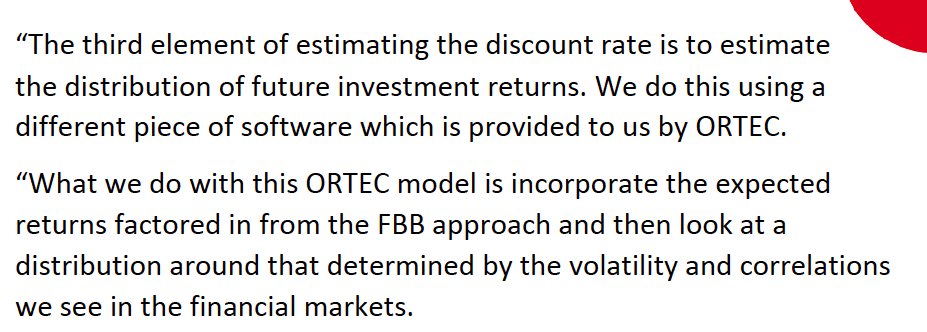newsletter.admin.ox.ac.uk/q/1m7IQGSos7G7…
ox.ac.uk/staff/working-…

medium.com/@mikeotsuka/ox…
ox.ac.uk/staff/working-…

Get real-time email alerts when new unrolls are available from this author!
Twitter may remove this content at anytime, convert it as a PDF, save and print for later use!

1) Follow Thread Reader App on Twitter so you can easily mention us!
2) Go to a Twitter thread (series of Tweets by the same owner) and mention us with a keyword "unroll"
@threadreaderapp unroll
You can practice here first or read more on our help page!






